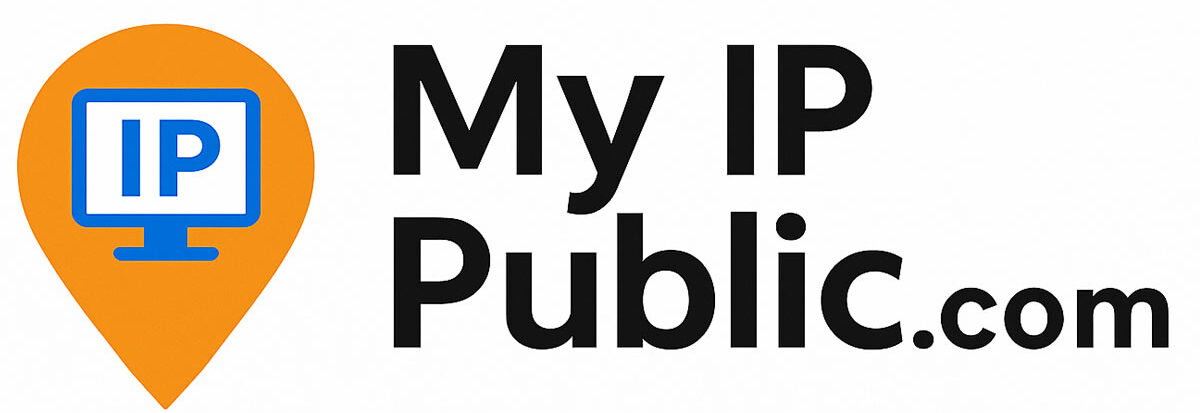**Instantly Check & Copy Your Public IP Address**
In the rapidly evolving landscape of the internet, where anonymity and privacy are of paramount importance, the ability to instantly check and copy your public IP address has become a valuable tool. With the increasing interconnectedness of the world through the internet, your IP address plays a crucial role in determining your online footprint.
Internet tools such as VPNs, DNS tools, IP masking, and proxy services offer ways to enhance internet privacy and security. Understanding the differences between proxy servers and VPNs, conducting open port scans, and utilizing WHOIS lookup tools can further enhance your online anonymity.
IPv6 adoption has also been gaining traction as the need for more IP addresses grows. As more devices get connected to the internet, the demand for unique IP addresses has increased, leading to the introduction of IPv6 to address this issue.
For those seeking to maintain internet privacy and security, it is essential to know their public IP address. Services that allow you to find your IP, whether static or dynamic, can help in identifying potential vulnerabilities and taking measures to hide or change your IP address if needed.
In a world where data security and privacy are pressing concerns, having the ability to check and copy your public IP address at a moment’s notice can be invaluable. By staying informed and utilizing the available internet tools, individuals can navigate the online world with greater confidence and security.
